Magazine
How to Wash Your Face: Maintain Skin Health
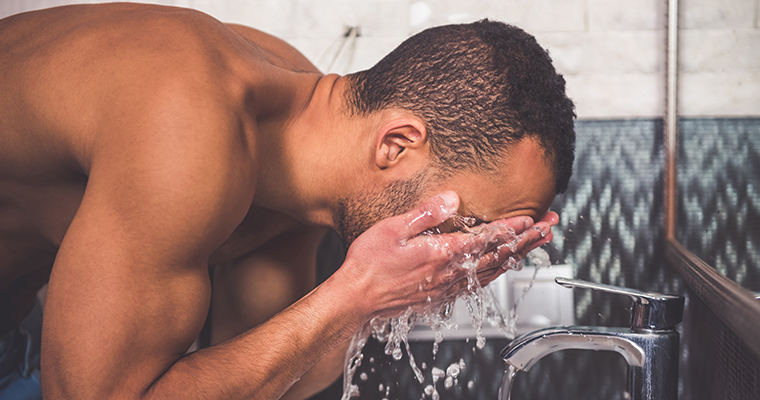
After a long, exhausting day, many of us aren’t exactly in the mood to put up with a nighttime routine. The urge to throw on some pajamas and just go to bed can be strong. However, a healthy skincare regimen at night can mean a world of difference for your skin’s health. And don’t worry––it can be kept fairly simple. The first, and arguably most important step, is washing your face.
You might think that there’s not much more to washing your face than washing your hands; unfortunately, that’s not quite the case. Your skin is a complex organ that, like all your organs, needs the right care and attention to be at peak performance. Therefore, taking care of the skin on your face––where blemishes and signs of aging are the first to show up––is important.
If you’re new to taking care of your skin or just want some advice to adjust your own routine, look no further. Here are all the questions you have about washing your face, answered. First, let’s cover some common questions that will help you start your face cleansing routine.
Why Should You Wash Your Face?
You might be wondering if this is part of your routine that you can just skip. But washing your face is important for getting rid of dirt, oil, and dead skin cells that accumulate on your skin. Removing excess dirt and dead skin cells through exfoliation can not only keep your skin clean but also revitalize it and create the appearance of healthier, more youthful skin. Clean skin can also reduce irritation and spots from shaving.
What’s Your Skin Type?
The first question you should ask yourself is what kind of skin you have. Everybody’s skin is unique, but there are a few basic categories most people fall into. Understanding your skin type can save you a lot of time, energy, and money in looking for the right products and methods.
Sensitive Skin
If you have sensitive skin, your skin is easily irritated. Around 50-60 percent of men report having sensitive skin. You might find that it can quickly get red, itchy, or burned from certain products. If you have this skin type, it’s best to look for fragrance-free products or contain skin-soothing ingredients, like aloe vera. Different people will feel sensitivity to different ingredients, so stick to gentle products and see what works for you.
Normal Skin
Normal skin is generally blemish-free and isn’t particularly sensitive to any ingredients. This skin type makes it relatively easy to experiment with different products and stick to a basic routine.
Dry Skin
Dry skin is characterized as flaky, itchy, or rough. A lot of people experience dry skin at one time or another, especially in cold months. If you have dry skin, you should still wash your face––especially to exfoliate and get rid of dead skin cells––but don’t overdo it. Always apply moisturizer after.
Oily Skin
Oily skin tends to get shiny and greasy throughout the day. It can also be acne-prone. If you have oily skin, it’s best to look for non-comedogenic products––meaning they won’t clog your pores––and water-based, rather than oil-based. Contrary to popular belief, even those with oily skin should moisturize to maintain regular oil levels and prevent signs of aging.
Combination Skin
Combination skin is basically what it sounds like––dry in some areas, oily in others. You might have to experiment with what works for you, but using gentle, non-comedogenic products and a light moisturizer is always a safe bet.
When Should You Wash Your Face?
The simple answer is: in the morning and at night. Washing your face in the morning can wake you up, clean sweat accumulated from oversleeping, and prepare your skin for other products. Washing your face again at night is vital. All in all, you shouldn’t wash your face in the shower, though.
All kinds of dirt and pollution from an environmental exposure can stay on your skin and clog your pores. The evening is also the best time to apply other products, as they can sink in overnight. You should also wash your face after sweating a lot, like after a workout, to stop sweat from clogging your pores.
How Often Should You Wash Your Face?
Again, the simple answer is once in the morning, once at night, and again if you’ve done a heavy workout and feel like you need it. Though you should avoid overwashing, which can dry out your skin, washing twice a day has been shown to reduce blemishes.
How Do You Find the Right Products?
Finding the right products for you can sometimes take some time, depending on your skin type and experience. It’s important to remember that you should use a product for at least six to eight weeks unless there’s extreme irritation to see if it works for you.
Switching products too often can both irritate your skin and cause misleading results, as it often takes a while for your skin to adjust and feel a product’s effects. Again, we recommend knowing your skin type when choosing products; some will even explicitly state what kind of skin type they are ideal for.
How Should You Wash Your Face?
During the day, natural oils, grime, and residue build up on your face. If we don’t take care of our skin, dryness and the potential for breakouts are more likely to happen. Now that we’ve covered the basics, it’s time to get into a step-by-step guide on how to wash your face.
Step 1) Rinse Your Face With Warm Water
Though some cleansers recommend starting with a dry base, most cleansers should be applied to a wet face. Lukewarm water is the ideal temperature to use while washing your face; hot water or super cold water can end up drying you out, especially on more mature skin.
Step 2) Apply Facial Cleanser With Your Fingers
Put a small to medium amount of your cleanser on your fingers and apply it to your face in a gentle, circular motion for about 30 seconds. It’s best to just stick to using your fingers; other methods, such as face-scrubbing devices or washcloths, can be abrasive against your skin and a waste of money.
Step 3) Rinse Off Your Face Wash
While you might have heard some people recommend that you should leave your cleanser on for a minute or two, this really isn’t necessary––after all, a face wash is made to be washed off. In fact, leaving it on for too long can irritate sensitive skin, especially if it contains acne-fighting ingredients. Just rinse off your face thoroughly with lukewarm water.
Step 4) Gently Pat Your Face Dry
When drying your face, the same rule applies as when you’re washing it: don’t scrub. Many people make the mistake of harshly rubbing their skin, thinking it will somehow get them better results. In fact, the opposite is true; rubbing or scrubbing can cause irritation, pull on the skin, and, over time, enhance the appearance of aging. Be gentle with your skin, and simply pat dry with a soft towel instead.
Step 5) Apply Other Products
Washing your face should be the baseline in your skincare routine. It should provide you with a blank, clean canvas, but it shouldn’t end there. After you’ve washed your face, you can add other products––most importantly, facial moisturizer and SPF (in the morning). If you have other steps in your skincare routine, a good rule of thumb is to apply them in order of thickness, with the more lightweight products first.
Some Face Washing Do’s and Don’ts
Though we’ve provided you with most of the information you need by now, there is always room for some common mistakes and misconceptions to sneak in. To make sure you don’t succumb to any face-washing pitfalls, remember these Dos and Don’ts.
DO: Look At Your Skincare Ingredients
There are many “rules” about what kind of ingredients are best in skincare, but the bottom line is: whatever works for you is best. Some people may be especially sensitive to alcohol––others, not so much. If you have sensitive skin, pay attention to certain triggers and know what to go for and what to avoid. Conversely, look for beneficial ingredients like Vitamin C, E, and Aloe Vera.
Some other ingredients to look out for include beta-hydroxy acids (salicylic, willow bark extracts).
DON’T: Use Bar Soap
While many of us might think that whatever works for our hands will work for our face, that, unfortunately, isn’t true. The truth is, most bar soap is just way too harsh for your face and can end up doing more harm than good. So, skip the bar of soap and go for a good quality face wash instead.
DO: Moisturize
No matter your skin type, you should be moisturizing after washing to avoid drying out your skin. Especially if you have dry skin, face lotion is important for keeping the moisture balance in your skin and shouldn’t be skipped after a face wash. Even those with oily skin types benefit from using a lightweight, water-based, non-comedogenic moisturizer to balance out the oil production in their skin.
DON’T: Use Harsh Products or Methods on Your Face
A lot of us might be guilty of trying to treat mild cuts or blemishes on our face with rubbing alcohol or hydrogen peroxide; however, these can end up damaging our skin. Instead, use a mild face wash for cuts and over-the-counter products containing salicylic acid, sulfates, or benzoyl peroxide for acne. The general rule for treating your skin is the gentler, the better.
While exfoliating can be great for your skin if done in moderation, over-exfoliating can be harmful to your skin barrier and can irritate.
Conclusion
Washing your face is a vital part of caring for yourself and your body. It can also be pretty simple; once you know where to start, it’s an easy routine to get used to and incorporate into your daily life. Remember to treat your skin with care and respect, and keep coming back to the basics if you feel like something isn’t working for you. Even if you’ve never had a face washing routine before––now is a great time to start!
Sources:
Face Washing: Do’s & Don’ts | Vital Record
The Prevalence of Sensitive Skin | Farage MA
Washing Your Face Before Bed | Sleep
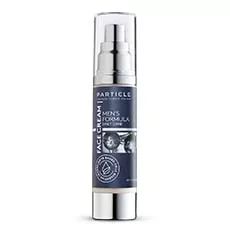
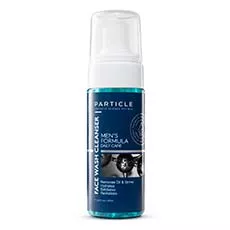
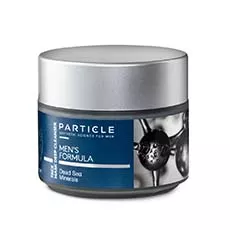
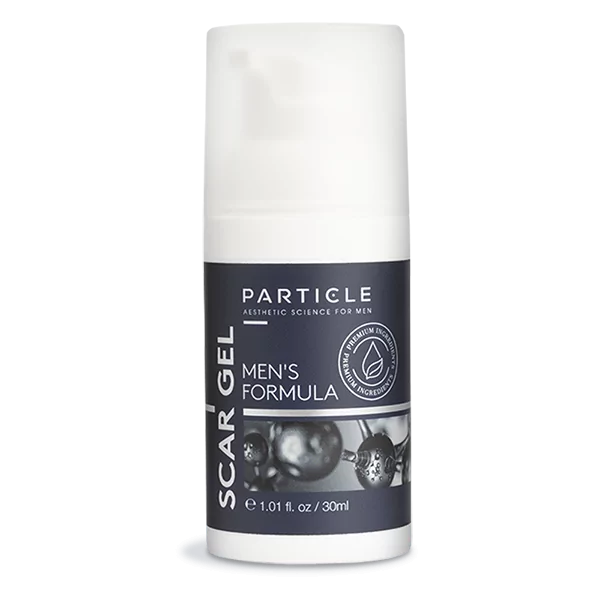
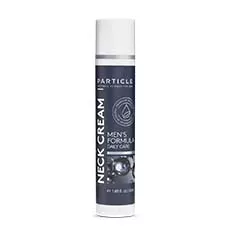
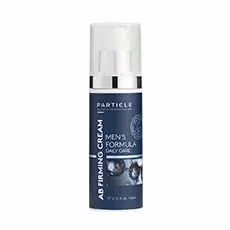
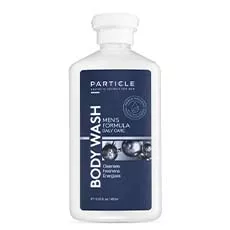
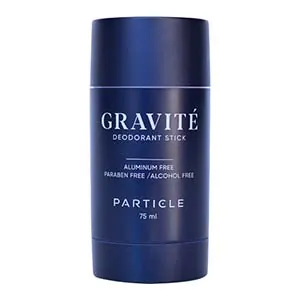
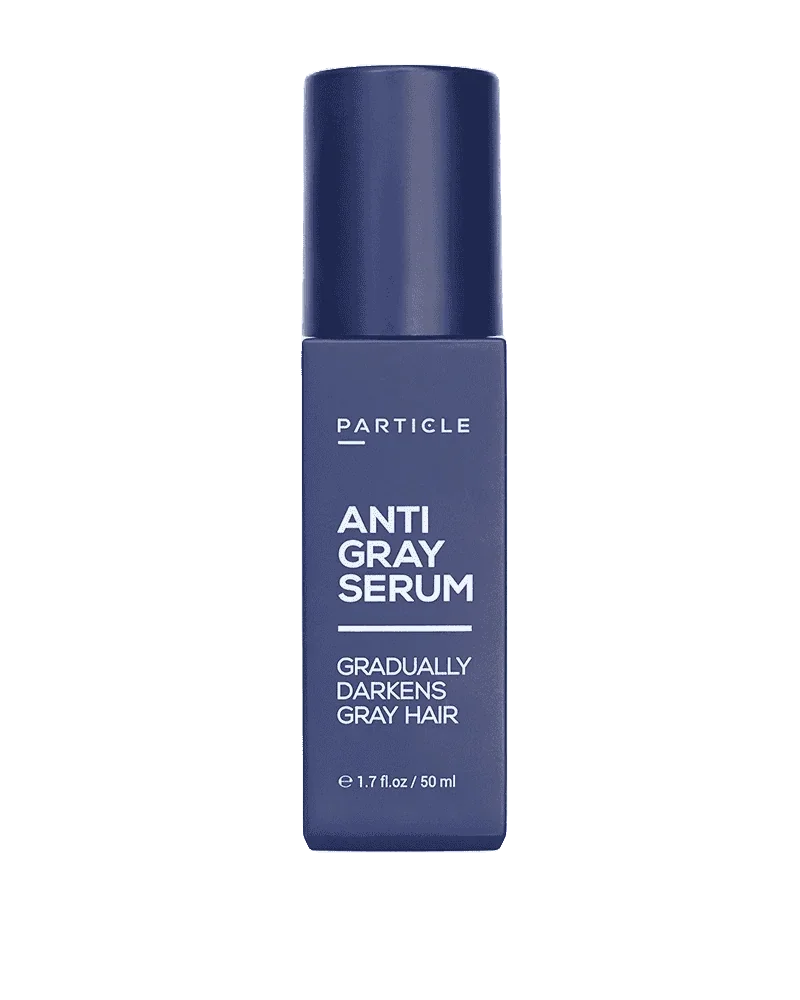
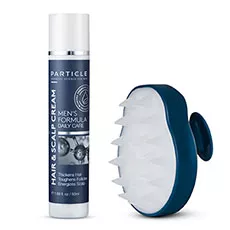
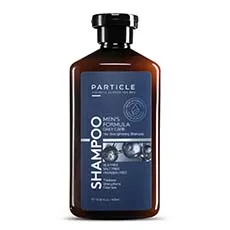
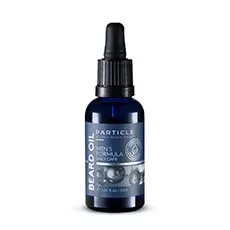
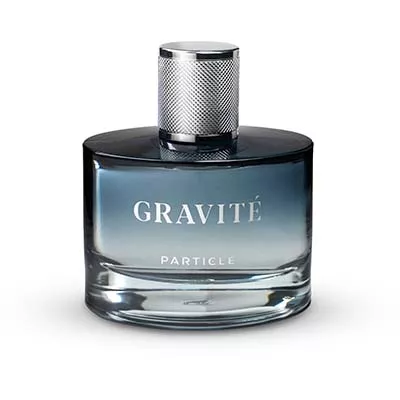

 gb
gb















